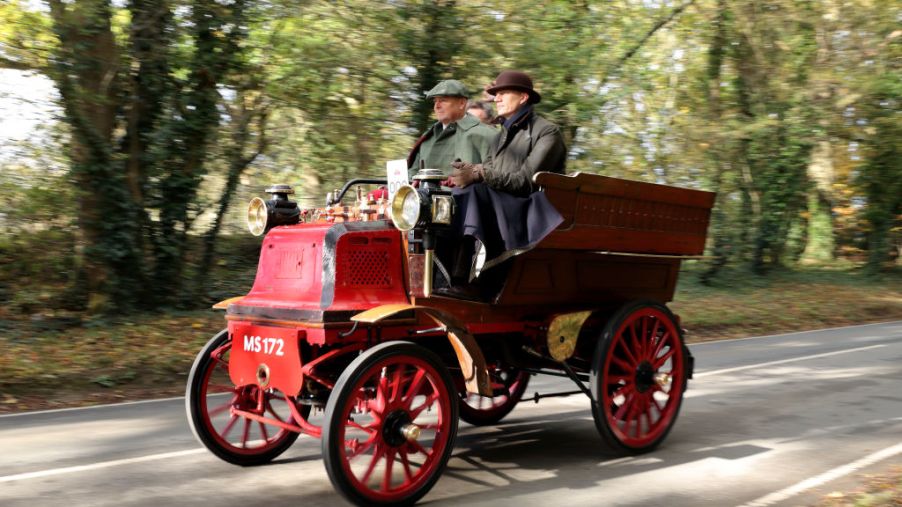
How Long Should You Keep a Car?
Owning a brand-new car can be very exciting. Eventually, though, that car starts to age and may lose its luster. At that point, owners may start to wonder if it’s time to buy a new one again. Many owners do decide to keep a car for a number of years, so here’s a look at why they might do that and which vehicles were bought in the first place.
What are the pros and cons of keeping a car longer?
Deciding how long to keep a car can be a personal decision involving preferences, priorities, and finances. There can be pros and cons of hanging on to that older vehicle.
Extending the life of a car requires ongoing proper maintenance. There are a number of parts that will likely need to be replaced between 90,000 and 120,000 miles, including the timing belt and the water pump.
While these can be expensive repairs, the cost is likely still less than buying a new or new-to-you car in good condition, especially once monthly car payments and increased insurance costs are factored in. There are also sentimental reasons that people have for keeping a car that feels like an old friend.
Some people do prefer to switch often to a new car, thereby gaining the newest safety and technology features. New cars often also have better fuel efficiency, helping owners save a little money. A new car also reduces worries because it should be reliable for several years and many repairs should be covered by the warranty.
How long do people tend to keep vehicles?
The good news for people who like to hang on to their vehicles is that cars today last longer than they used to even 20 or 30 years ago. The longer lifespan has been made possible by more reliable mechanical parts. As the parts have lasted longer and worked more efficiently, cars have needed less maintenance over the years.
According to the automotive research firm and car search engine iSeeCars.com, a new car is kept on average for 8.4 years. In its research, iSeeCars.com looked at five million five-year-old or older vehicles sold by original owners between January 1, 2014, and December 31, 2018.
It found that the vehicle models that are owned the longest are kept from 9.7 to 11.4 years, which works out to 14.9% to 35% longer than the 8.4 year average.
On average, SUVs are owned for 8.3 years. Owners kept passenger cars (including sedans, hatchbacks, and wagons) for an average of 8.4 years. Pickup trucks are kept on average for 8.7 years.
Which vehicle models do people love to keep?
iSeeCars.com found that people tend to keep sports cars and SUVs for the longest time. Of the top 10 vehicles owned the longest, sports cars make up five and SUVs make up four. The only sedan on the list is the Toyota Avalon, at number 10.
The three vehicles that are kept the longest are the Toyota Land Cruiser (11.4 years), the Chevrolet Corvette (10.5 years), and the Mercedes-Benz SL-Class (10.3 years).
iSeeCars.com suggests that in addition to being a reliable SUV, the Land Cruiser hasn’t been redesigned since 2008, except for a small update in 2016, so owners don’t feel like their SUVs don’t look old.
There are four Toyotas in the top 10 list, the Land Cruiser, 4Runner, Sequoia, and Avalon, representing a brand known for its reliability. Along with the Ford Expedition, the larger SUVs are able to transport a family during the time a third-row might be needed.
The five sports cars include the Corvette, Mercedes-Benz SL-Class, Audi TT, Ford Mustang, and Porsche 911. Aside from the Porsche 911, owners preferred convertibles for the other models.
These cars get little daily use, so owners are less concerned about upgrading to get new safety and technology. iSeeCars CEO Phong Ly points out that cars driven less also last longer, saying, “Sports cars typically aren’t daily drivers and don’t accrue high mileage as a result, so it takes them longer to show signs of wear and tear.”
While there are many factors to consider, the first question is how reliable the car is. Owners can then weigh their personal concerns to balance wants and needs with financial options.


